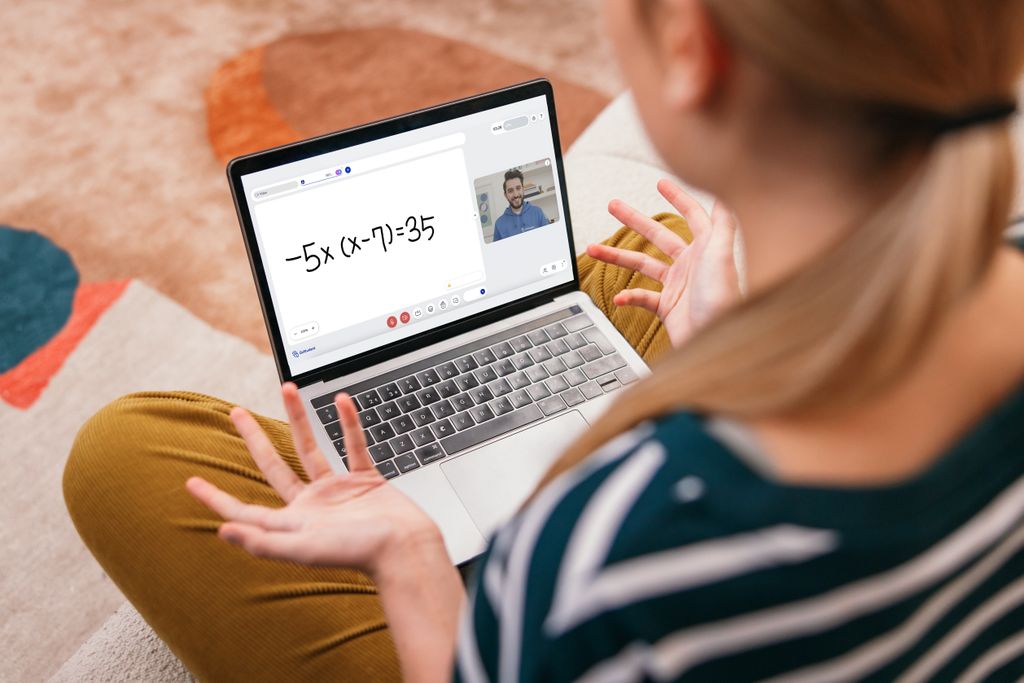
1:1 tutoring to unlock the full potential of your child
Remember how your most inspiring teacher made you feel? Recapture that feeling for your child with personalised one-to-one tutoring.
23k+
Tutors
30+
Subjects
11m
Families supported
15
Countries
We match every student with the right tutor
Enjoy personalised 1:1 lessons with handpicked tutors

Personalised education planning
We match each student with the right tutor based on character fit and personal learning goals.
One-to-one online lessons
Learn online, wherever you are. The right tutor matches for your child will never be limited by their location or schedule.
Tutors you can trust
Confidence begins with quality tutoring. Our multi-step interview and selection process guarantees only the best tutors join our community.
Tutoring for all ages and levels
Our tutors are familiar with local schooling systems and more than 30 subjects, helping guide students from first to final year.
We’re always aiming for good grades
Getting started is as easy as 1-2-3
How to sign up for your membership
1
Meet an Education Advisor
Every learning journey begins by setting goals with your personal Education Advisor so we can match your child with the right tutor.
2
Take a free trial lesson
We'll invite you to join a free trial lesson with one of our top tutors so both you and your child can see how GoStudent works, no obligations.
3
Customise your membership
Your Education Advisor will help you book a customised lesson package tailored to your child's long-term learning needs.

What 11,000+ children, parents and teachers want you to know...
Discover the GoStudent Future of Education Report 2024. Learn what thousands across Europe think about the current education system and what they believe should change for future generations.
As seen in:
Frequently asked questions
Discover how to set up your GoStudent membership, find a tutor, and sign your child up for lessons
What is GoStudent?
Who are GoStudent’s lessons for?
Which subjects do your tutors cover?
Why choose online tutoring?
How can I book a lesson?
How much does a single lesson cost?
Want to become a tutor?
Learn how we select tutors, what qualifications are required, and up to how much you can earn.
